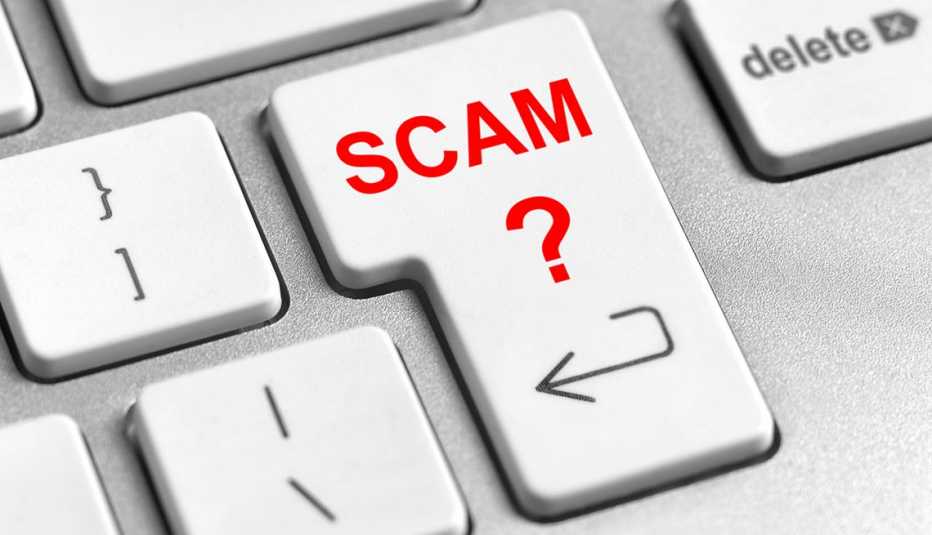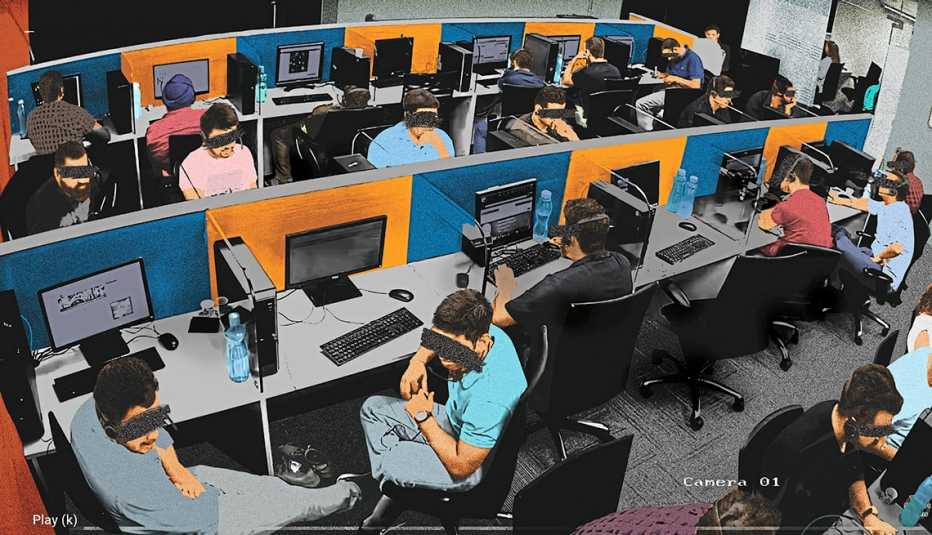None of the “specialists” knew anything about genetic testing beyond the script they were reading. I asked them to give me the medical name for the test, and no one could say anything other than, “Uh, it's, you know, a genetic test — a test to check for mutations in your genes.”
Everyone can qualify
To get the test, I just had to say that I or a relative had previously been diagnosed with cancer, heart disease or high blood pressure. When I lied that I had hypertension, they each immediately responded, “It looks like you prequalify.” There was no request for my medical records or doctor contact info to confirm. Instead, they would connect me to a licensed physician who would ask me a few questions before the test was ordered.
Consult with my own doctor? Nyet!
I asked each rep if I should check with my physician before ordering the test. And each of them tried to talk me out of it. One said, “Your doctor mainly focuses on your health — like, if you are sick, he tries to heal that. We focus on your genes.” Another said, “Sir, your doctor doesn't provide this genetic test. If so, we wouldn't be talking.” But the answer I liked best was, “Being that we are in a pandemic ... a doctor wouldn't be able to administer this test because it's a mouth swab.”
At this point I had to disengage, because the next step would have been to offer a Medicare number, which could have enabled a fraud to occur.
So, what's really going on? I described the calls to Rebecca Kinney, director of the Office of Healthcare Information and Counseling at the U.S. Department of Health and Human Services (HHS). She told me there was nothing legitimate about what was happening. Medicare covers genetic screening only in very limited situations and covers diagnostic tests only when the beneficiary's physician identifies a symptom and orders the test. Being told not to speak with my doctor is a big red flag.
While scams like these don't normally cost you money directly, they have a huge impact. If you give your Medicare information to a stranger, that person may sell it to other scammers who might try other frauds on you. And such scams threaten Medicare's finances; more than $40 billion of Medicare's budget went to scammers or inappropriate billers in 2020.
What shocked me about the calls was their brazenness. To make millions of calls to Medicare participants, encouraging them to order unneeded tests so the scammers can bill Medicare, is like committing a bank robbery in broad daylight without a mask.
As we go to print, the investigative arm of HHS is looking into these “Becky” calls. Only time will tell if someone is charged with a crime. But there's precedent: In April, a Florida man was sentenced to 10 years in prison for a very similar scheme to defraud Medicare.
In the meantime, consider talking with those you know who are on Medicare and urge them to disregard calls from “Becky” and the like. If they are interested in genetic testing for conditions such as cancer and cardiovascular issues, they should check with their primary care physician. If the doctor believes such a test is necessary, I think he or she can figure out — after 18 months of treating patients during a global pandemic — a safe way to execute a cheek swab.
Medicare Genetic-Test Scams: How to Fight Back
Do not accept genetic-testing services, including a cheek swab, from someone who calls you on the phone or offers this at a community event, a local fair, a farmers market, a parking lot or any other large event.
Always be extremely cautious about giving out your Medicare number or other personal information. Never offer this to a stranger.
If you receive a genetic-testing kit in the mail, don't accept it unless your own physician ordered it. Refuse the delivery, or return it to the sender and keep a record of the sender's name and the date you returned the item.
Always review your Medicare Summary Notice or explanation of benefits. The words “gene analysis” or “molecular pathology” may indicate questionable genetic testing.
For more information, contact your local Senior Medicare Patrol (SMP). The SMP program, funded by the U.S. Administration for Community Living, helps Medicare beneficiaries to protect themselves from Medicare fraud, errors and abuse, and to detect and report these when they occur. To find your local SMP, visit smpresource.org or call 877-808-2468.







































































